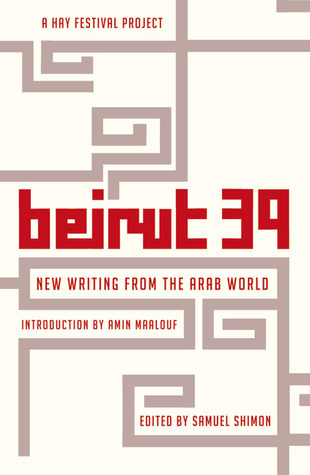What do you think?
Rate this book


320 pages, Paperback
First published January 1, 2010
1) Contrary teenager Adaf is able to find some respite “At the Post Office” (Adania Shibli) when she takes over operation from her lazy, collaborator dad.Overall, not a horrible waste of time or anything, but I suspect well-established writers don't need this dubious honor. Rating: 2.5/5
2) “Who Are You Carrying That Rose For?” (Islam Samhan) is a poem that plunks right down into the mind-state of warzone Gaza.
3) A man is overwhelmed by memories upon a phone call from an old servant, “Haneef from Glasgow” (Mohammed Hassan Alwan).
4) “Coexistence” (Ala Hlehel) is a blackly wry look at a man sick of the insipid conversations that follow bombings in Haifa.
5) Najwan Darwish’s “Six Poems” juggles object and metaphor, statement and observation.
6) A man is haunted into accepting his absurd fate as the latest incarnation of a “God’s Anointed Ruler”/inspired madman/tyrant in “Suicide 20” (Youssef Rakha).